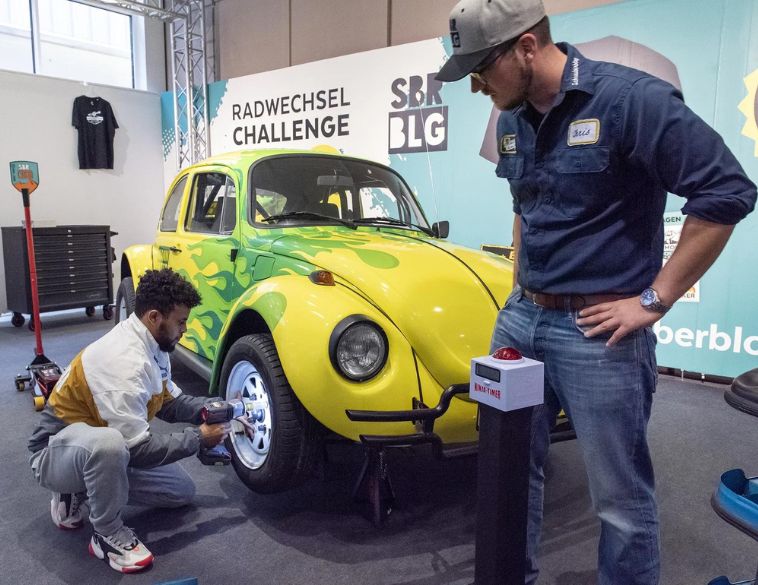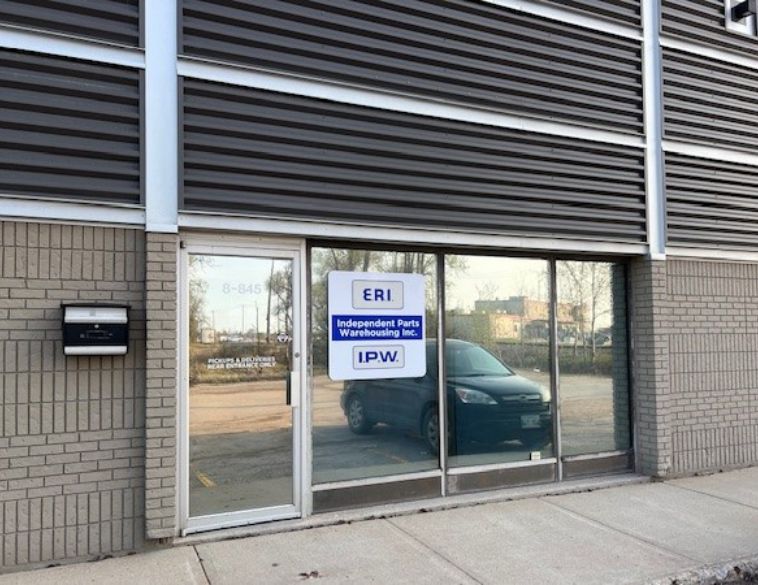As the leading organization working to solve the technician shortage, the ASE Education Foundation engaged automotive expert and ASE spokesperson Bogi Lateiner to deliver her presentation, “Revving up the Diversity: Shaping an Inclusive Future in Auto Repair High School and College Shop Programs” at the recent ASE Education Foundation instructor’s conference.
Before a standing-room-only crowd, Lateiner gave a compelling speech that focused on how to develop new initiatives to create a culture of inclusiveness in schools and the workplace.
“We want to thank Bogi for providing such an interesting and inspiring presentation,” said Mike Coley, President of the ASE Education Foundation “Instructors have incredible influence on students. Helping instructors create an inclusive environment for both male and female students attracts more and better students which translates into more entry-level technicians.”
Lateiner’s presentation started with a role-play featuring two male instructors as an automotive instructor and female student. The female student was trying to talk her way into an automotive course while the instructor was trying to talk her out of it. Although humorous, it hit home on how hard it can be for female students to be accepted into an automotive, collision or truck program.
Some of the key points Lateiner emphasized in working with both male and female students included:
- Treat them the same. Have the same expectations of work to be accomplished and knowledge to be gained. Do not “dumb down” skills for female students because of perceived strength or knowledge differences. A set of brakes doesn’t care what gender is changing them.
- Do not compare. Don’t tell the male students that the female students are showing them up. Comments like that create more of a distance between male and female students and places unreasonable expectations on the female students.
- Create an inviting environment for everyone. A large part of Lateiner’s presentation was about the “automotive club.” As Lateiner explained it, “We are the club,” and then explained, “that nobody wants to be a part of it. That needs to change if we want to solve the technician shortage.”
“Often viewed as being sensitive, the younger generation is not necessarily sensitive, but asks for what they want and need,” said Lateiner. “In this hiring environment, employees have more power. Asking to be treated with respect, to be trained and provided with a career path while working in a collaborative environment isn’t being sensitive. It’s what every employee should have. Change starts with the instructors. They have the power to create and set the expectation of a good work environment that their students can then take to the workplace.”






 BOUCHERVILLE
BOUCHERVILLE Full time
Full time


